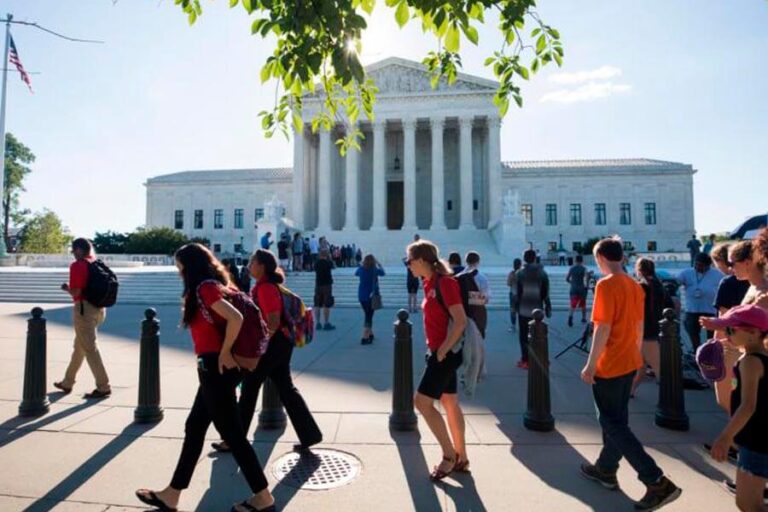Given a tough question, St. Thomas Aquinas sometimes declined to give a simple yes or no answer. Instead he began with: “distinguo.” The question can be taken different ways; we must “distinguish” these to get a valid answer.
I’m pondering this in connection with a case the U.S. Supreme Court will hear next term. A baker is charged with illegally discriminating against two men because he declined to decorate a custom wedding cake for them. Is the charge valid?
In our rights-oriented society, “discrimination” is the worst accusation we can bring against someone. So it is important to explain what we mean by it. Let me distinguish.
In Scenario No. 1, I treat someone as lacking the same human dignity or fundamental human rights as myself because that person is of a different age, sex, race, nationality, religion, sexual orientation, etc. This is invidious discrimination, and Catholic teaching condemns it.
Publicly promoting such an attitude is “hate speech.” Whatever our differences, we are all beloved children of God, and we are called to love each other the way God loves us.
In Scenario No. 2, I treat that person differently because I assume that people like him or her behave badly. This stereotyping or profiling, based on membership in a particular class, fulfills the root meaning of “prejudice” — “prejudging” behavior or personality without learning about this unique individual. This is not as fundamentally evil as Scenario No. 1, but it is unfair and judgmental.
Some people develop such prejudice based on bad experiences with other people in that class — so they need to expand their horizon and get to know more people. None of us should be identified, or identify ourselves, exclusively as members of a faction or class.
In Scenario No. 3, I discriminate between good and bad actions or between various ways people relate to one another. Such judgments need not be “judgmental” in the sense of Scenario No. 2, unless they are used to demean the people involved. Christians speak of “hating the sin but loving the sinner”; it is even better to hate the sin because I love the sinner.
Even in condemning grave evils like abortion, euthanasia, torture and slavery, the Second Vatican Council said in “Gaudium et Spes” that these “do more harm to those who practice them than those who suffer from the injury” (No. 27). I may oppose them because they prevent the agent from living up to his or her God-given potential.
In Scenario No. 4, I disagree with the decision-maker in Scenario No. 3, so I want to force that person to think or speak as I do. I may assume this person is really engaging in one of the first two scenarios. But then I am practicing those forms of discrimination myself. I deny this person the same fundamental freedom of thought and speech as I have; or I assume unworthy motives because he belongs to a class of people I distrust.
In the case mentioned, the baker says he has no animus against people with same-sex attraction and is very willing to sell them other baked goods. But he is a devout Christian who lives his faith through his work, and he cannot proclaim a message contradicting his belief that marriage is a special relationship between one man and one woman.
In that case, doesn’t the government practice invidious discrimination by forcing him to say things he believes are false — something it does not do to those of the opposite view?
We must wait to see what becomes of this legal dispute. But I wonder how many divisions in our society would be less intractable if we learned to discriminate among different kinds of discriminating.
Copyright ©2017 Catholic News Service/U.S. Conference of Catholic Bishops.


